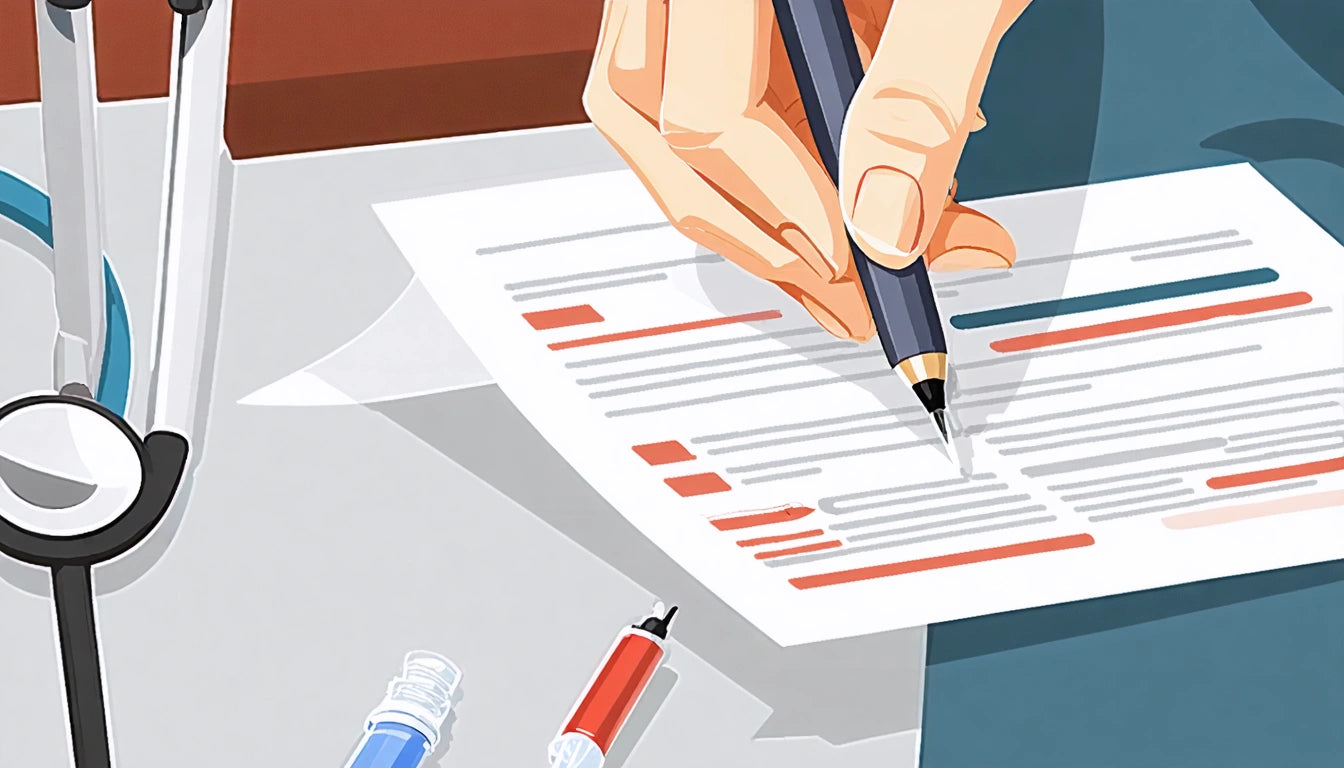Table of Contents
How to Obtain a Medical Card: A State-by-State Guide
Navigating the process of how to obtain a medical card can be confusing as regulations vary significantly across states. This comprehensive guide breaks down the requirements, application processes, and state-specific considerations to help you understand how to get a medical card in your area.
General Requirements for Medical Cards
While requirements differ by state, most medical marijuana programs share common eligibility criteria:
- Proof of residency in the state where you're applying
- Valid government-issued identification
- Documented qualifying medical condition
- Recommendation from a licensed healthcare provider
- Completion of state-specific application forms
- Payment of application and registration fees
Qualifying conditions typically include chronic pain, cancer, epilepsy, PTSD, and other serious conditions, though the specific list varies by state. For example, qualifying conditions and age requirements can significantly impact eligibility.
The Application Process: Step-by-Step
The general process for how to get a medical card follows these steps:
1. Confirm Eligibility
Research your state's qualifying conditions and verify that your medical condition is included. Some states have broader criteria than others.
2. Consult with a Healthcare Provider
Schedule an appointment with a qualified physician who can evaluate your condition and provide a recommendation if appropriate. Many states now offer telemedicine options for this step.
3. Complete State Application
Submit your physician's recommendation along with your application to your state's medical marijuana program. This typically includes personal information, medical documentation, and consent forms.
4. Pay Required Fees
Application fees range from $25 to $200 depending on the state. Some states offer reduced fees for veterans, seniors, or low-income patients.
5. Await Approval
Processing times vary from a few days to several weeks. Once approved, you'll receive your medical card by mail or electronically.
When storing your medical documentation and products, consider using secure storage solutions that maintain privacy and product freshness while complying with state storage regulations.
State-Specific Guidelines
Here's how to get a medical card in several states with active programs:
California
California's medical program is one of the oldest and most established. Residents need to:
- Get a recommendation from a California-licensed physician
- Register with the California Department of Public Health (optional but recommended)
- Pay a county-specific fee (typically $35-$100)
Arizona
Arizona requires applicants to complete specific forms and meet these requirements:
- Arizona residency proof
- Certification from an Arizona-licensed physician
- Application submission to the Department of Health Services
- $150-$200 application fee (reduced for SNAP recipients)
Michigan
For those wondering how to get a medical card in Michigan, the process involves:
- Physician certification form
- Application to the Marijuana Regulatory Agency
- $40 application fee
- Proof of Michigan residency
Washington State
If you're researching how to get a medical card in Washington state, note that Washington has an endorsement system rather than a card program:
- Obtain authorization from a healthcare practitioner
- Register with the state database at a medically-endorsed retail store
- Receive a recognition card
- No state application fee (though provider consultation fees apply)
Georgia
For patients wondering how to get a medical card in Georgia, the process involves:
- Registration with the Georgia Department of Public Health
- Certification from a physician registered with the state program
- $25 card fee
- Note that Georgia only permits low-THC oil (5% or less)
Renewal Procedures and Timeframes
Understanding how to renew your medical card is just as important as knowing how to get one initially:
- Most states require renewal every 1-2 years
- Renewal typically requires a new physician certification
- Fees are often the same as initial application fees
- Start the renewal process 30-60 days before expiration
- Some states offer online renewal options
For those wondering how can I renew my medical card, most states send reminders before expiration, but it's wise to calendar this yourself.
Telemedicine Options for Medical Card Evaluations
Telemedicine has revolutionized how to obtain medical card certifications in many states:
- Virtual consultations are now permanent options in many states
- Typically requires video conferencing (not just phone calls)
- Often more affordable than in-person visits
- Particularly valuable for patients with mobility issues or those in rural areas
If you're researching where can I get a medical card near me, check if your state permits telemedicine evaluations for potentially faster service.
Costs and Financial Considerations
The total cost to obtain a medical card includes:
- Physician consultation: $75-$250
- State application fee: $25-$200
- Renewal fees: Similar to initial application
Some important financial notes:
- Insurance typically doesn't cover these costs
- Many states offer reduced fees for veterans, seniors, and low-income patients
- The cost of the card may be offset by tax savings on purchases and access to higher potency products
The Future of Medical Programs in Evolving Markets
As recreational markets expand, many wonder about the future of medical programs. Here's what to expect:
- Enhanced patient protections in medical programs
- Greater product variety and potency options for medical patients
- Potential insurance coverage as federal policy evolves
- Expanded qualifying conditions as research progresses
- Simplified renewal processes and longer card validity periods
For those wondering what to say to get a medical card, the key is honesty about your qualifying condition and how it impacts your quality of life. Physicians are looking for legitimate medical needs, not rehearsed answers.
Whether you're looking into how to get a medical card in New Mexico, Mississippi, or any other state with a program, the most important first step is to thoroughly research your state's specific requirements and prepare your medical documentation accordingly.











Leave a comment
All comments are moderated before being published.
This site is protected by hCaptcha and the hCaptcha Privacy Policy and Terms of Service apply.